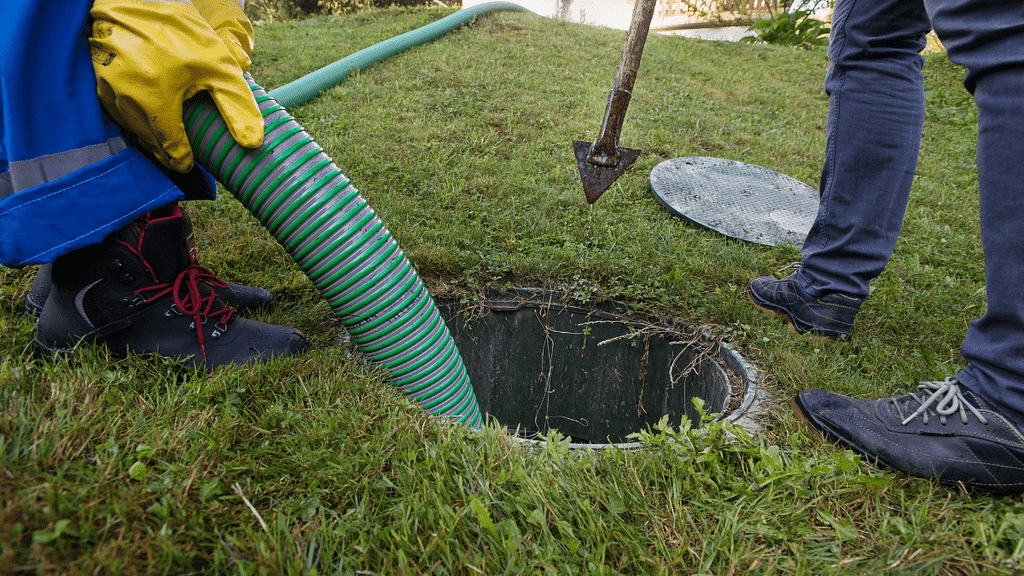In the quest for a sustainable future, it’s crucial to examine every aspect of our daily lives, including the often-overlooked septic systems that quietly play a vital role in managing wastewater. While septic systems may not be the most glamorous topic, their proper maintenance holds the key to substantial environmental benefits. In this blog post, we’ll explore how regular servicing and maintenance of septic systems contribute to a healthier planet.
1. Preventing Water Pollution:
One of the primary environmental advantages of maintaining septic systems is the prevention of water pollution. When septic systems are not properly cared for, they can leak harmful contaminants into the surrounding soil and water sources. This pollution can lead to the contamination of local water bodies, posing risks to aquatic ecosystems and even impacting drinking water quality. Regular maintenance, including periodic inspections and pumping, helps ensure that septic systems operate efficiently, reducing the likelihood of pollution.
2. Preserving Ecosystems:
Septic system malfunctions can have a domino effect on local ecosystems. Unchecked leaks and overflows may introduce excess nutrients, such as nitrogen and phosphorus, into the environment. These nutrients can stimulate the growth of algae in water bodies, causing algal blooms. The subsequent depletion of oxygen levels can harm fish and other aquatic life. Proper maintenance ensures that septic systems function optimally, preventing the unintended consequences that can disrupt delicate ecosystems.
3. Mitigating Climate Impact:
Septic systems play a role in the global carbon cycle, and their proper maintenance can contribute to mitigating climate change. Inefficiently functioning septic systems may release methane, a potent greenhouse gas, into the atmosphere. By addressing issues promptly and maintaining a well-balanced microbial ecosystem within the septic tank, homeowners can minimize methane emissions, thereby reducing their carbon footprint.
4. Conserving Water Resources:
A well-maintained septic system promotes water conservation by efficiently treating and recharging groundwater. Leaks and malfunctions can lead to unnecessary water wastage and compromise the overall efficiency of the system. Regular servicing ensures that water is effectively treated within the septic tank and that excess water is properly absorbed into the soil, contributing to the sustainable use of water resources.
5. Long-Term Cost Savings:
Beyond the environmental benefits, proper septic system maintenance also translates into long-term cost savings for homeowners. Regular inspections and preventative measures help identify potential issues early on, preventing costly repairs and replacements. By investing in routine maintenance, homeowners not only protect the environment but also safeguard their financial well-being.
In the grand scheme of environmental conservation, every action, no matter how small, contributes to the greater goal of a sustainable future. Properly maintaining and servicing septic systems may seem like a minor task, but its ripple effects on water quality, ecosystems, and climate change are substantial. By adopting responsible septic system practices, homeowners can play a crucial role in safeguarding the environment for generations to come. It’s time to recognize the importance of these humble systems and embrace the green revolution they can bring to our communities.
